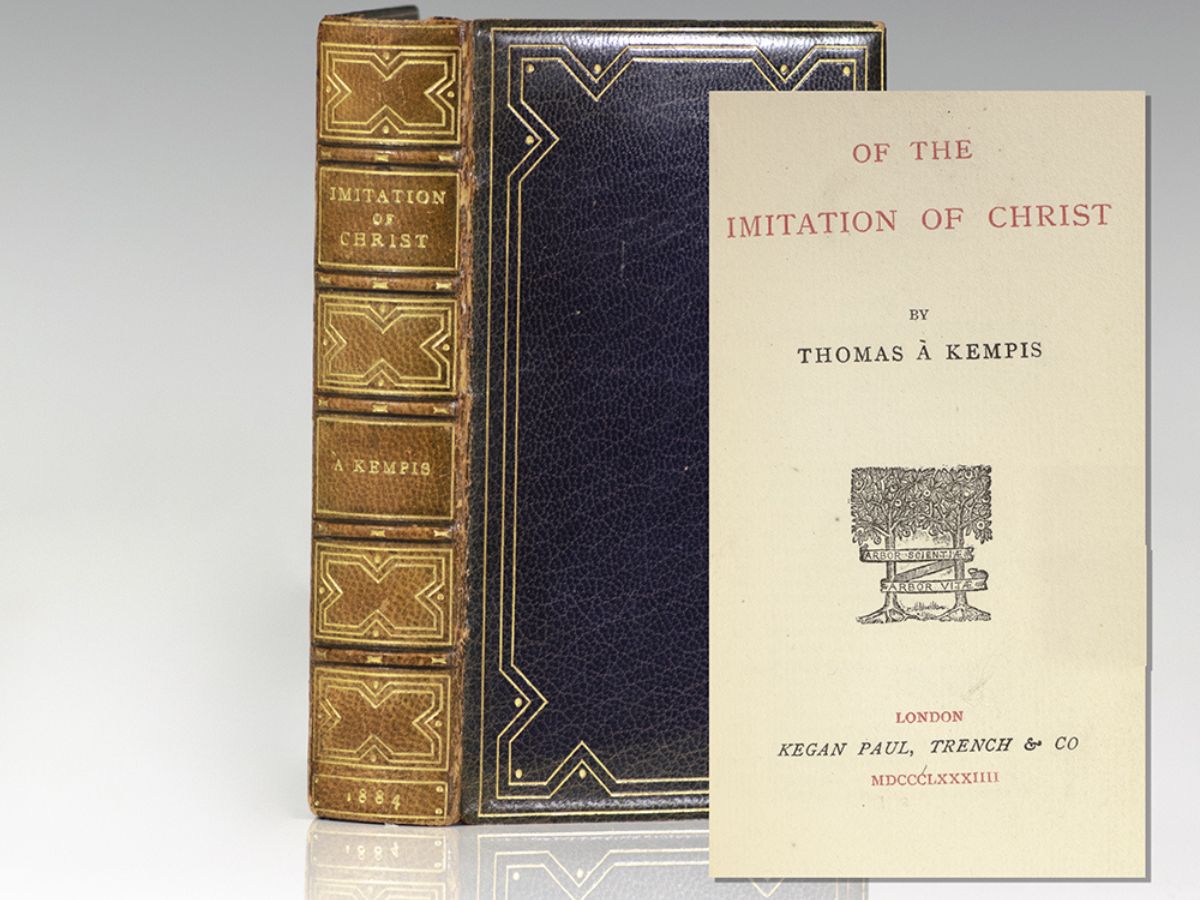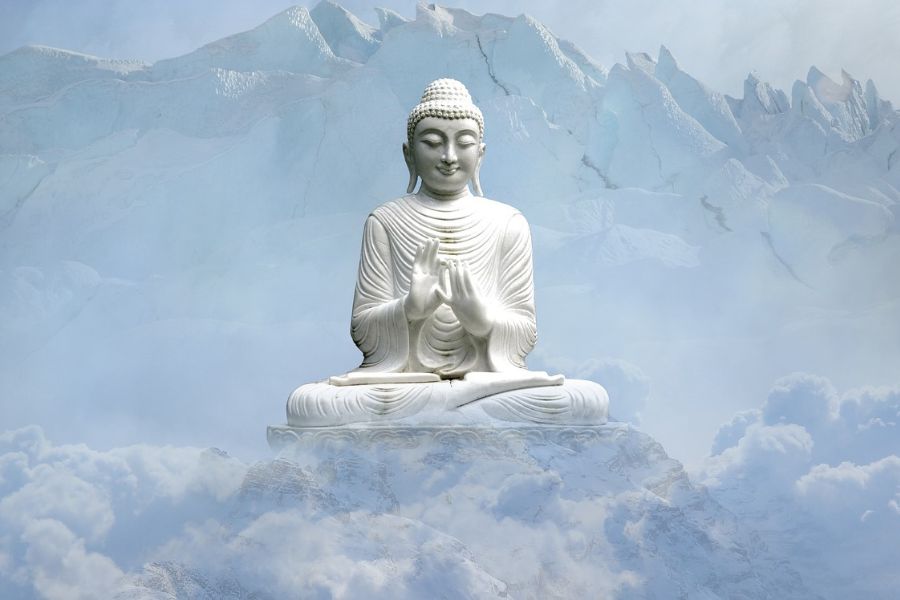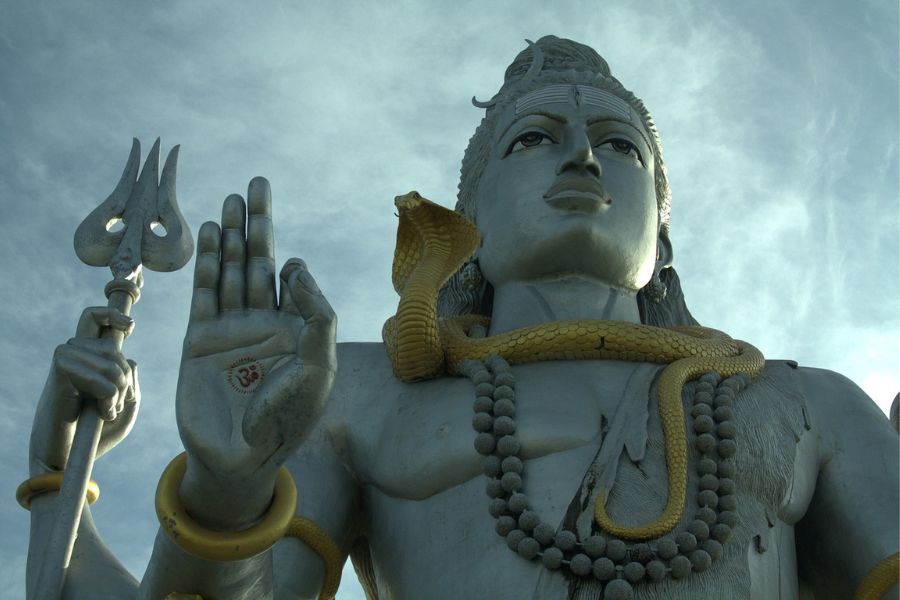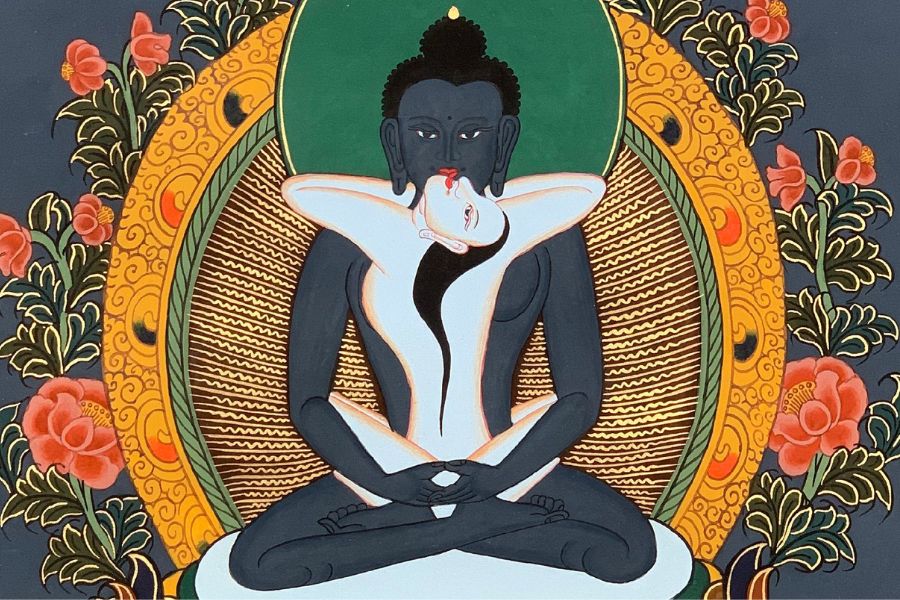Samael Aun Weor's reflection on human nature invites us to question how we react to external influences and how those reactions shape our life experience.
In his view, most people live in a constant state of reaction, like machines that can be manipulated by words and gestures. We are often slaves to our own psychological reactions, shaped by the environment and those around us.
Samael Aun Weor uses the analogy of the "humanoid" to describe a person without psychological autonomy. He reminds us that we are often like musical instruments played by the hands of others. A compliment, for instance, might make us feel important, while criticism can lead us to sadness and humiliation. We depend on others for our self-esteem, our happiness, or our suffering, without being the masters of our own feelings and reactions.
This lack of control over our psychological processes robs us of true freedom. We are manipulated by words, gestures, and emotions from others, unable to maintain our inner serenity. This dependency is an obstacle to genuine love, because, according to Samael, while we are at the mercy of external reactions, we can never experience true love.
For the spiritual teacher, the key to transformation lies in achieving psychological autonomy. It is not enough to simply react to situations; we must be able to control our own emotions and thoughts. Only then can we be established in what he calls the "Kingdom of Love."
This process requires a profound inner change. Emotional dependency must be overcome so that we can be masters of ourselves. If the opinion of others still has the power to take us out of peace, then we are not the owners of our psyche. When we allow feelings such as hatred, anger, or revenge to take over, we remain trapped in a cycle of discord and violence, moving away from true love.
Samael Aun Weor refers to his previous incarnation as Thomas à Kempis, author of the famous book Imitation of Christ. In his words, he quotes a deep lesson:
"I am no more because they praise me, nor less because they disapprove of me, for I am always what I am."
This phrase reveals one of the great truths about emotional self-sufficiency. True wisdom lies in being able to maintain inner peace, regardless of what happens externally. Compliments and criticisms may come and go, but our essence should not be affected by them.

Emotional stability is, therefore, the foundation for true love. Only when we master our psychological reactions can we experience love in its purest and most unconditional form. Loving is not about depending on external gestures or words; it is an inner choice, born from the freedom to be who we are, without the chains of approval or disapproval from others.
For Samael Aun Weor, the spiritual journey is essentially a journey to regain our psychological autonomy. When we become masters of our own internal processes, we are able to live in peace, free from emotional manipulations, and thus capable of manifesting true love—love that transcends dependency and reactivity.
Therefore, Samael Aun Weor's invitation is clear: to live love in its purest form, we must achieve emotional freedom. Dependency on others, automatic reactions, and a lack of control over our feelings move us away from genuine love.
When we are able to maintain serenity in the face of adversity, we can access the Kingdom of Love, living in harmony with ourselves and the world around us. This is the true path to inner transformation and spiritual freedom.




















